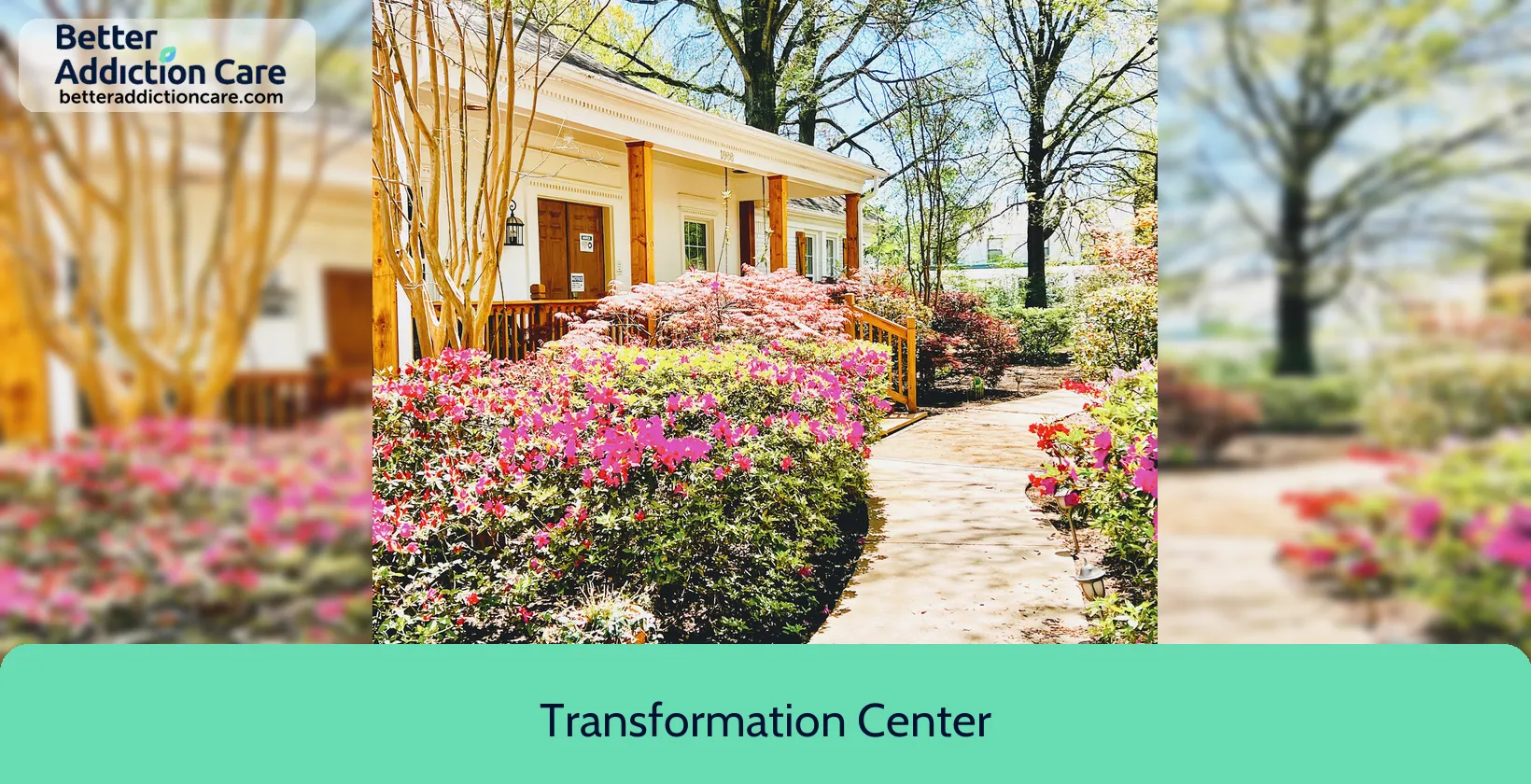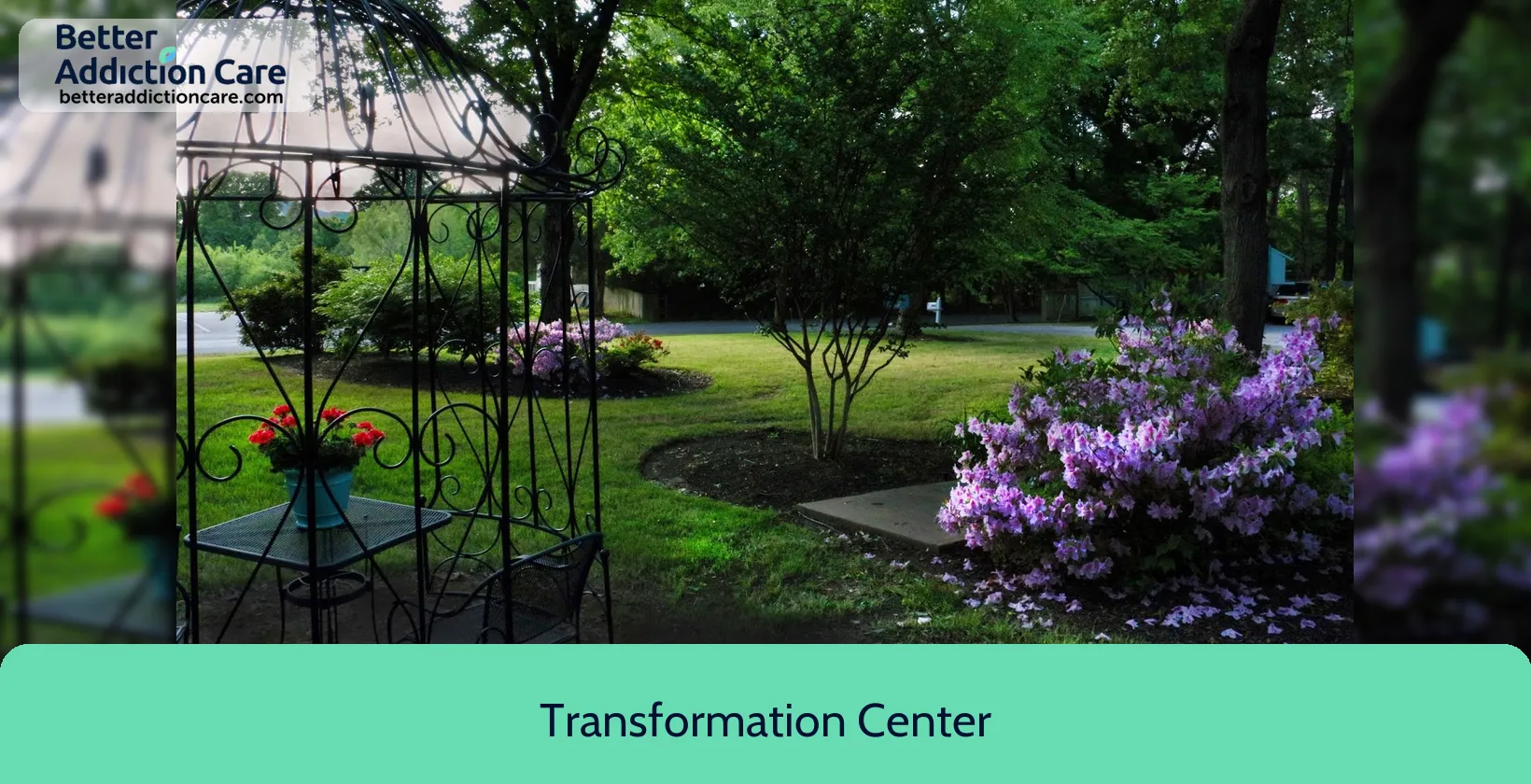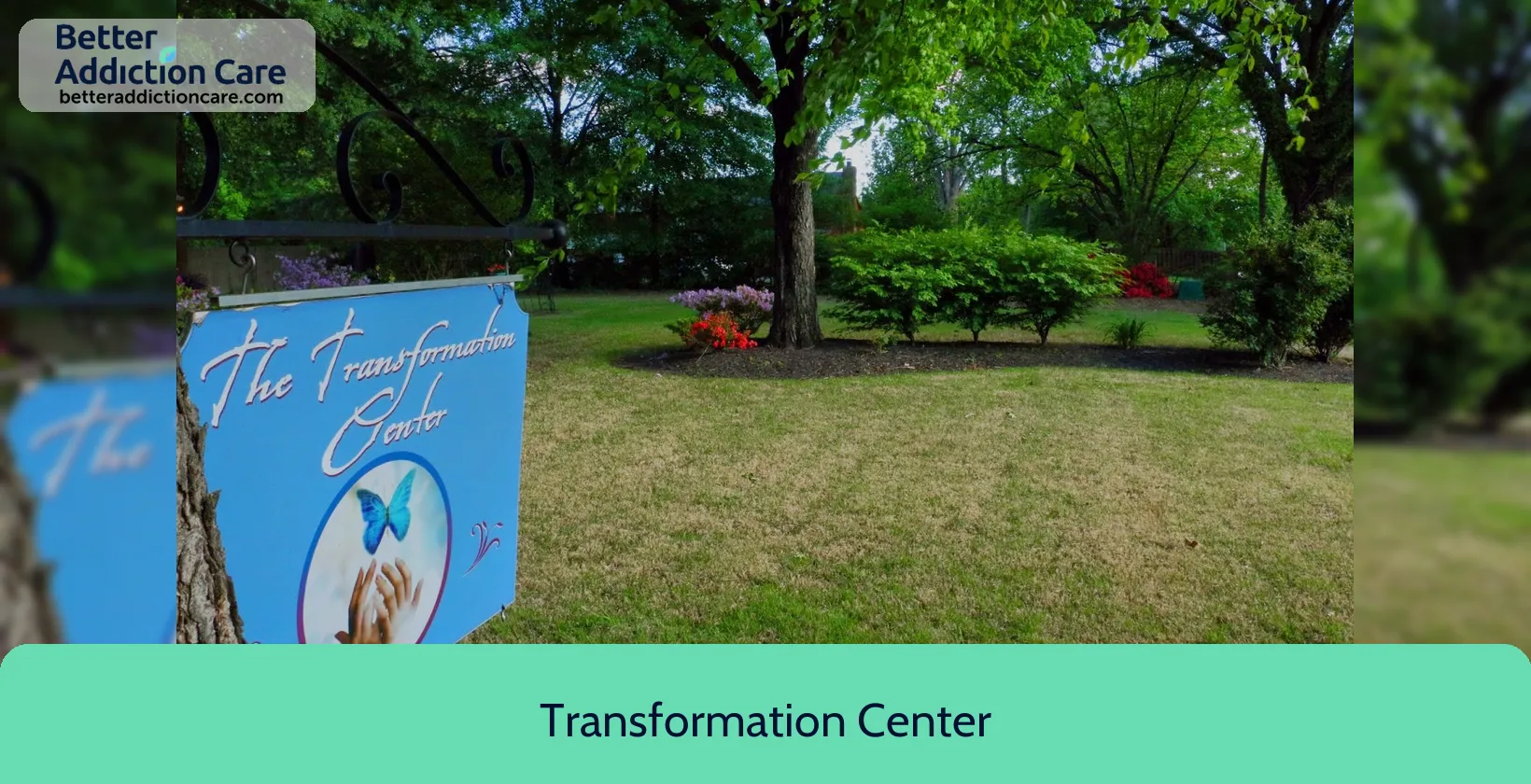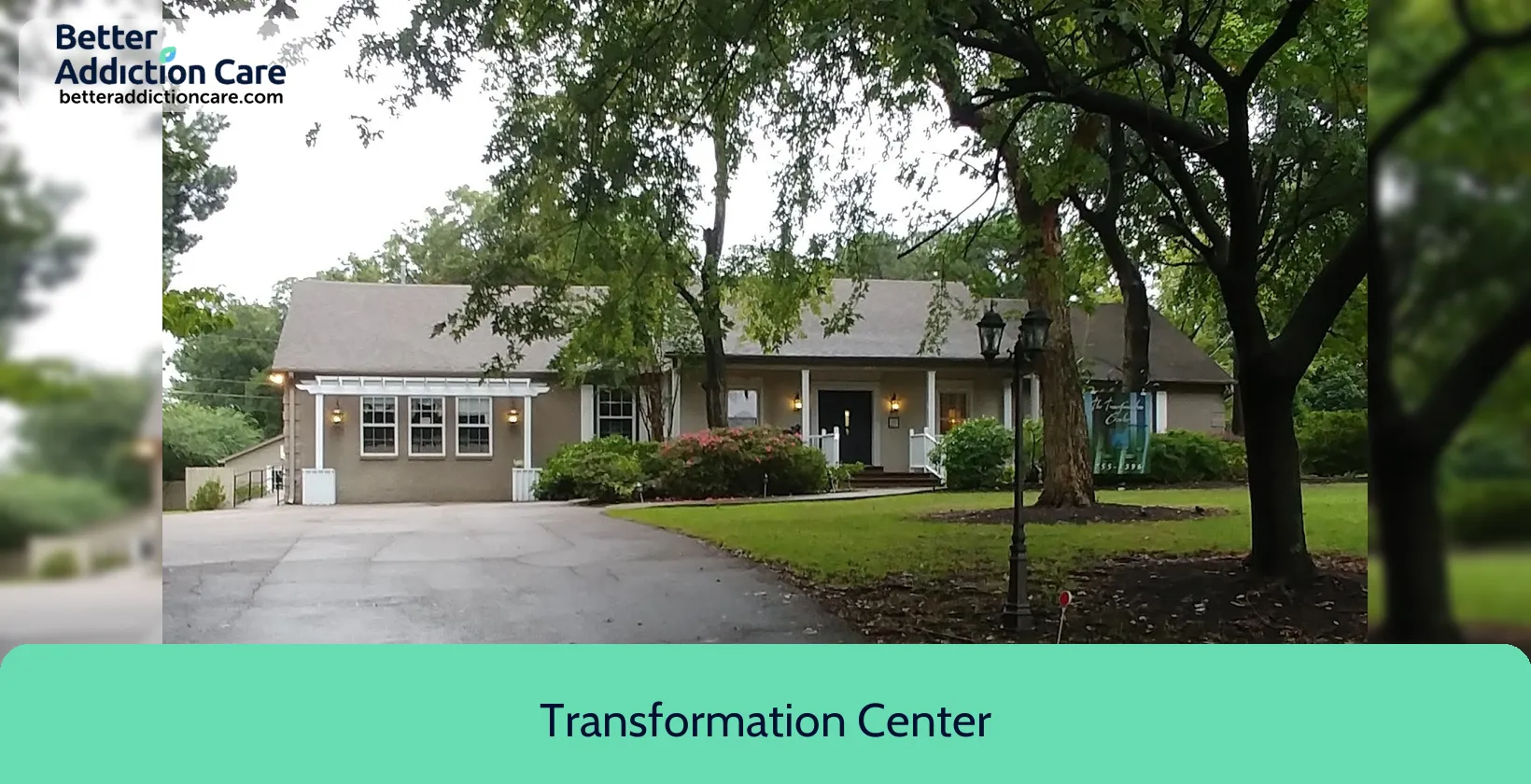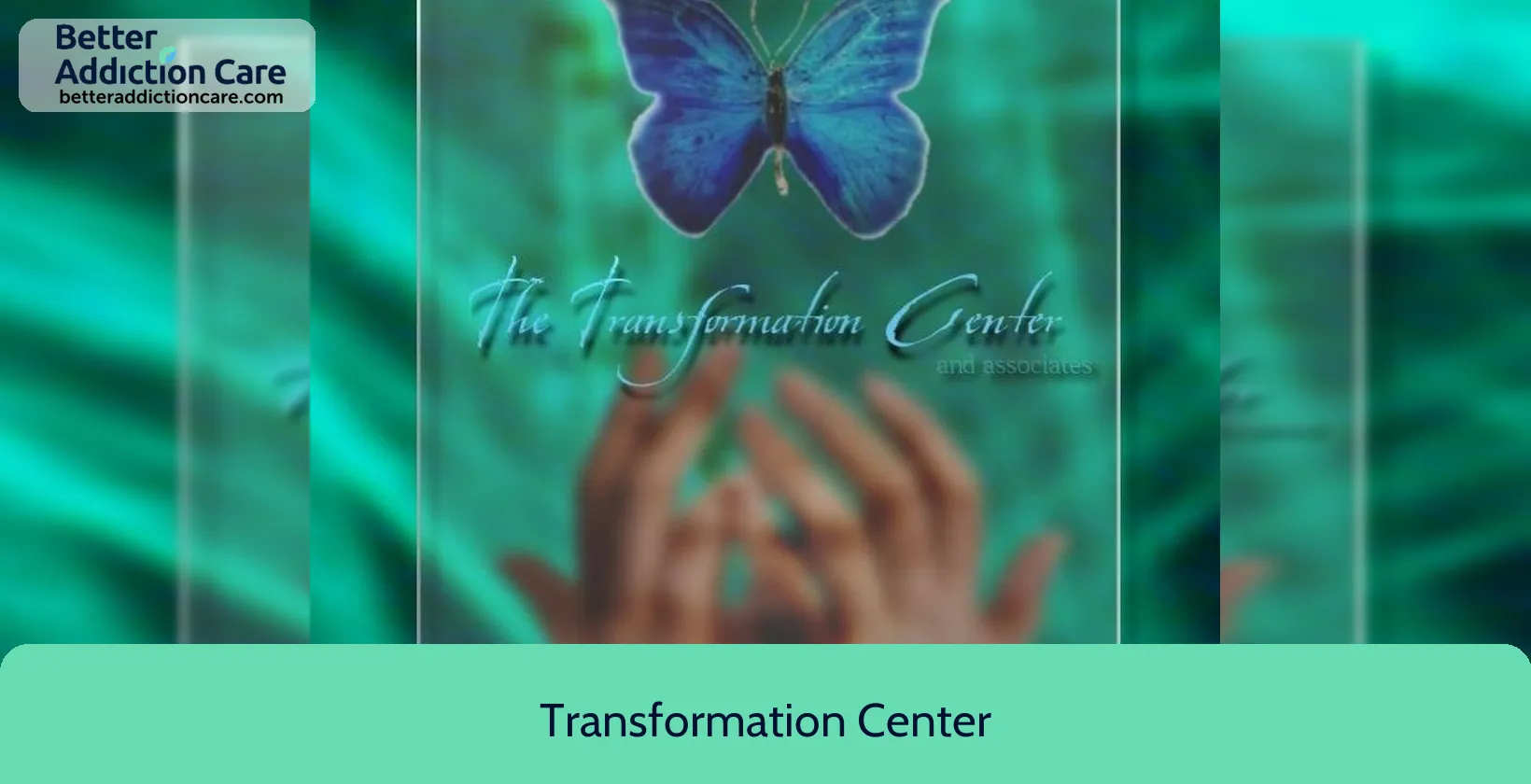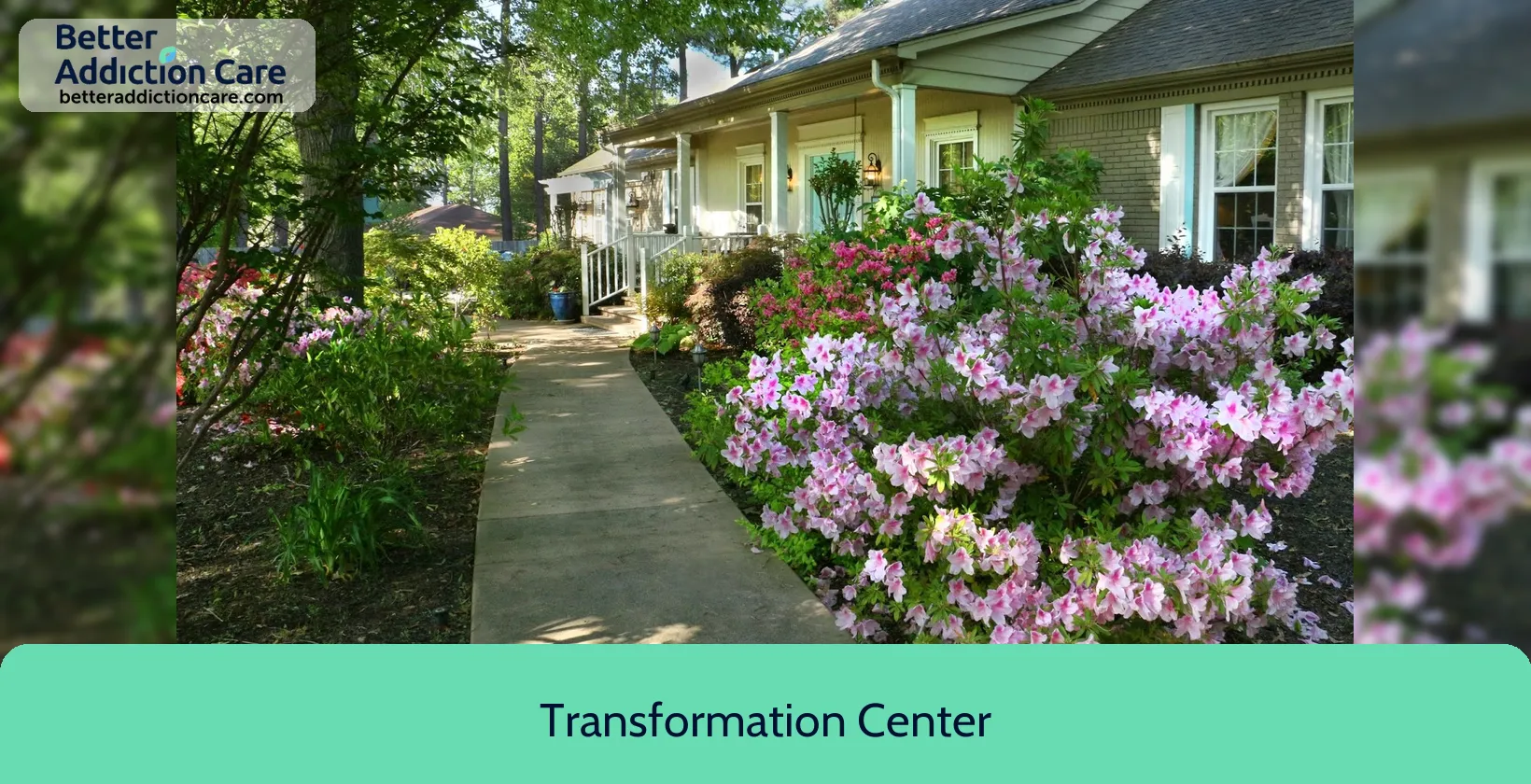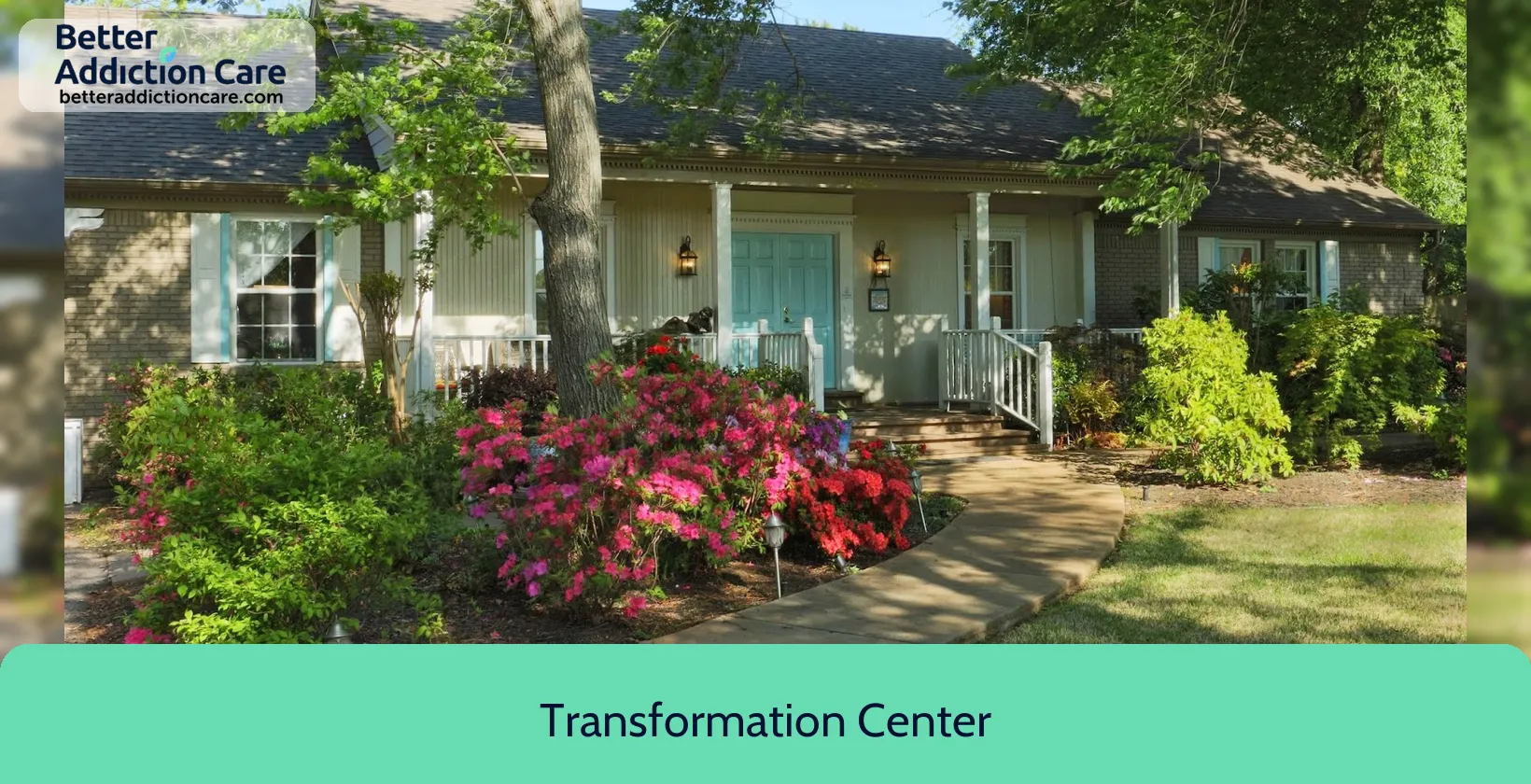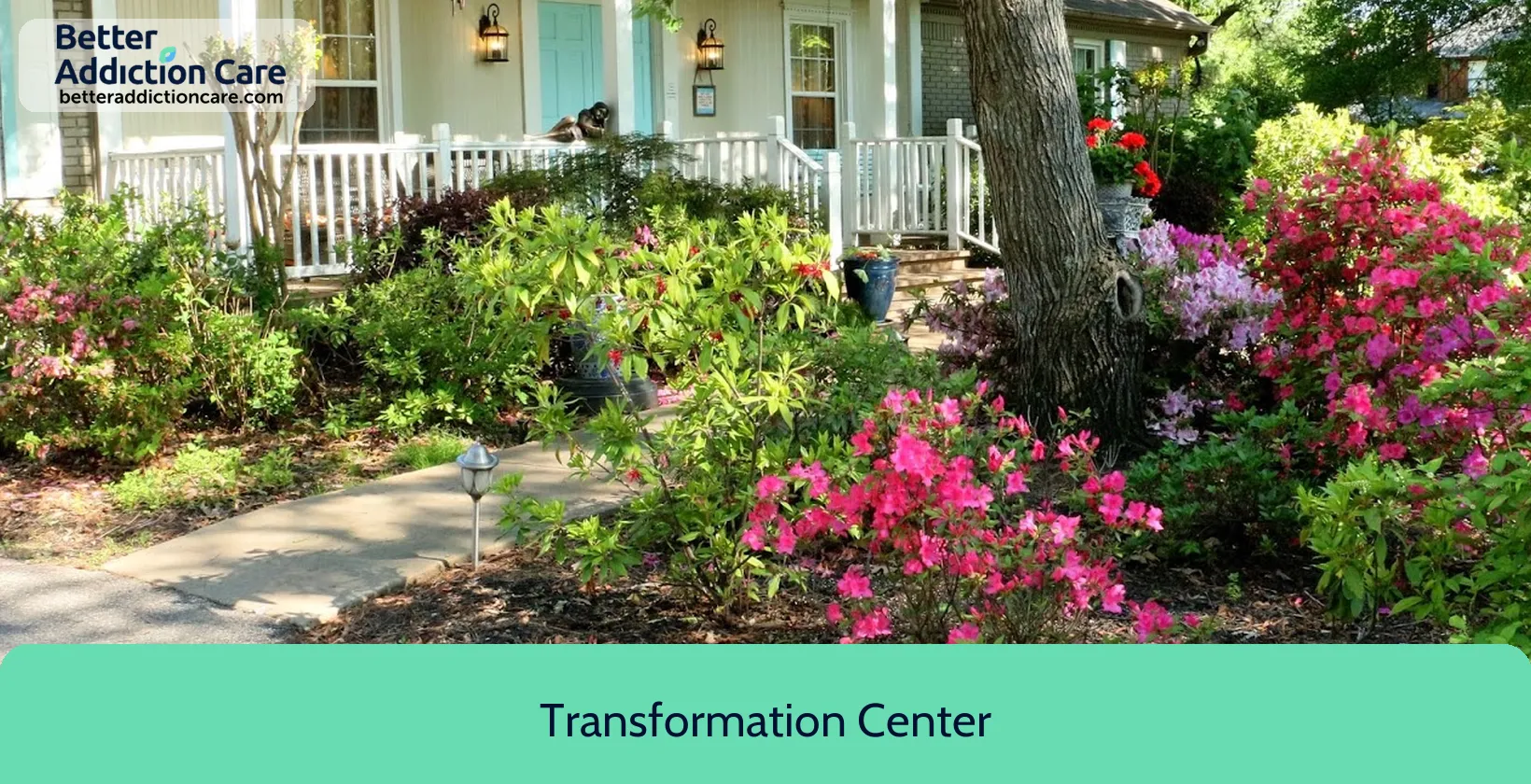Overview
Transformation Center is an mental health treatment center that provides outpatient treatment for men from 18+ years of age. As part of their special programs, Transformation Center treats clients with co-occurring mental and substance use disorders, clients who have experienced trauma, and persons with post-traumatic stress disorder (ptsd). To help patients achieve sobriety, Transformation Center provides intake assessments. Afterward, patients receive couples/family therapy, group counseling, and cognitive behavioral therapy during treatment. Transformation Center is located in Cordova, Tennessee, providing treatment for people in Shelby County, accepting cash or self-payment, medicaid, and private health insurance.
Transformation Center at a Glance
Payment Options
- Cash or self-payment
- Medicaid
- Private health insurance
Assessments
- Screening for tobacco use
- Comprehensive mental health assessment
- Comprehensive substance use assessment
Age Groups
- Children/adolescents
- Young adults
- Adults
- Seniors
Ancillary Services
- Case management service
- Diet and exercise counseling
- Family psychoeducation
- Illness management and recovery
- Suicide prevention services
Treatment At Transformation Center
Treatment Conditions
- Alcoholism
- Mental health treatment
- Substance use treatment
- Co-occurring Disorders
Care Levels
- Partial Hospitalization Program
- Outpatient
Treatment Modalities
- Couples/family therapy
- Group counseling
- Cognitive behavioral therapy
- Dialectical behavior therapy
- Integrated Mental and Substance Use Disorder treatment
Ancillary Services
Languages
- Spanish
Special Programs
- Clients with co-occurring mental and substance use disorders
- Clients who have experienced trauma
- Persons with post-traumatic stress disorder (PTSD)
- Persons with eating disorders
Contact Information
Read our Most Recent Article About Drug Addiction
DISCLAIMER: The facility name, logo and brand are the property and registered trademarks of Transformation Center, and are being used for identification and informational purposes only. Use of these names, logos and brands shall not imply endorsement. BetterAddictionCare.com is not affiliated with or sponsored by Transformation Center.
Your Addiction Doesn't Have To Define Who You Are.
You deserve high-quality treatment and a fulfilling life in recovery.
By calling us, you agree to our Terms & Conditions

